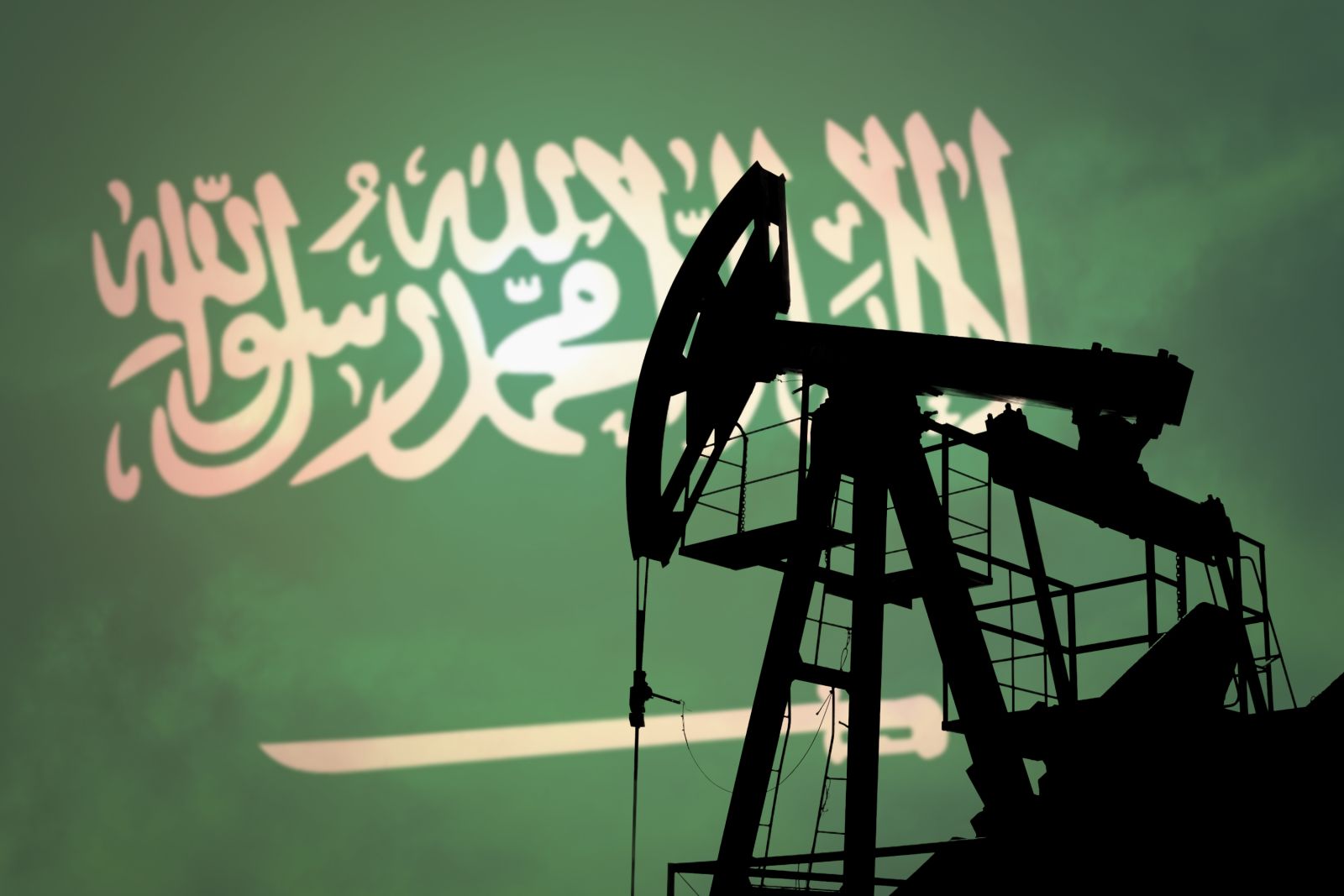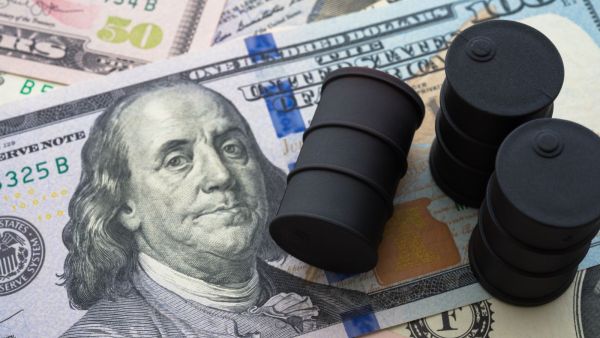Prospects of rekindling demand in China, US amid even tighter supplies boost oil prices
ALBAWABA – Oil prices rose on Monday after Moscow issued a temporary ban on fuel exports on top of already extended supply cuts by Russia and Saudi Arabia, as markets price in the possibility of further rate hikes that could dampen demand.
Brent crude futures climbed $0.69 to $93.96 a barrel by 0646 GMT, according to Reuters, after settling 3 cents lower on Friday. Likewise, West Texas Intermediate crude futures extended gains for a second session, trading at $90.57 a barrel, up $0.54.
Both contracts fell last week, breaking a three-week winning streak, after hawkish Federal Reserve statements rattled global financial sectors and raised concerns over oil demand.
"Crude oil prices have started the week on the front foot, as the market continues to digest Russia's temporary ban on diesel and gasoline exports, into an already tight market,” IG Markets analyst Tony Sycamore told Reuters.

Saudi Arabia extended its output cut til the end of the year, while Russia banned fuel exports on top of ongoing supply cuts, driving up oil prices - Shutterstock
Markets were “offset with the Fed's hawkish message that rates will stay higher for longer," they said.
Oil prices have been on an upward trajectory since the end of June, with prices set for the biggest quarterly gain since March 2022 thanks to ongoing supply curbs, according to Bloomberg.
The Organization of Petroleum Exporting Countries and its allies (OPEC+) instated multiple supply cuts since the beginning of the year. But Saudi Arabia and Russia extended theirs until the end of the year, exerting further pressure on the market and driving up oil prices.
Meanwhile, brighter outlooks in the world’s biggest economies, the United States (US) and China, have rekindled speculations of demand resurging in the coming months.
According to Bloomberg, the possibility of oil prices hitting the $100 per barrel threshold is becoming more and more plausible.
China is gearing up for the Golden Week holiday, starting Friday, with the longer-than-usual break set to boost demand for jet fuel in the biggest oil importer, Bloomberg reported. More than 21 million people are expected to fly during the eight-day vacation, following record air passenger traffic in July and August.









